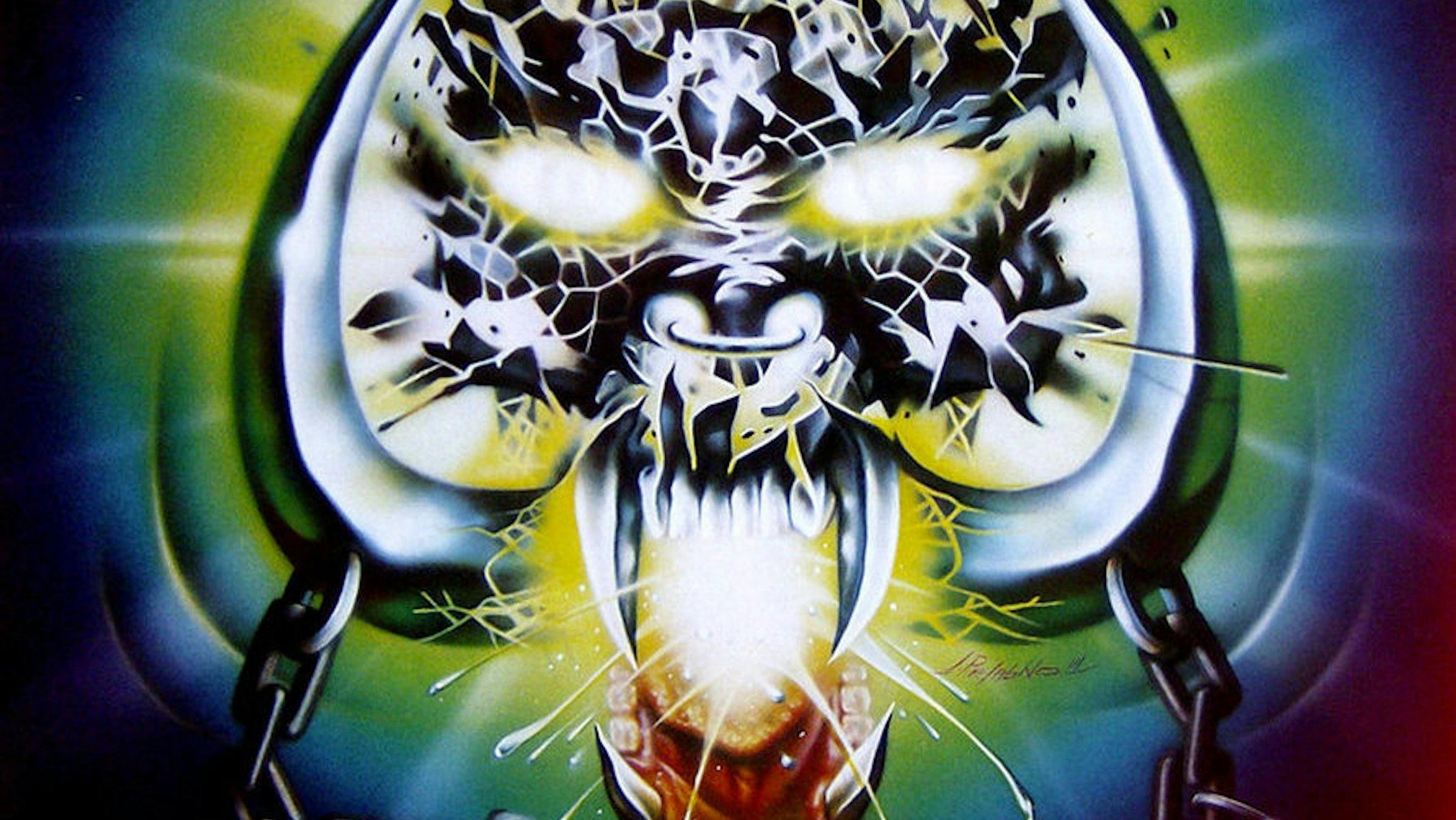Little did he know that he was changing the face of rock'n'roll.
“The drummer that introduced me to that double bass type of thing was Phil Taylor from Motörhead,” said Metallica’s Lars Ulrich, in the Metal Evolution documentary on thrash. “When I first heard Overkill in early 1979, that was what blew my head off.”
Slayer’s drummer, Dave Lombardo, was similarly impressed: “Motörhead was the first time I heard double bass done at that pattern,” he said in the same documentary. “I had heard of other double bass drummers, but I don’t think they did anything like that, at that tempo and that beat.”
But, as previously mentioned, one great song, or even a couple of them, do not a classic album make. Produced by Jimmy Miller, who had formerly worked with the Rolling Stones, Overkill is packed with gems. From Stay Clean and I Won't Pay Your Price (with Lemmy's hilarious “I'm so drunk” line at the start), through I'll Be Your Sister (which, according to Lemmy's autobiography, White Line Fever, was written with Tina Turner in mind), to the slow-burning Capricorn (Lemmy's star sign, the solo for which was written while Eddie was tuning up), every one is a winner. And that's just side one.
While there has been some understandable criticism that side two opener No Class stole its riff from ZZ Top's Tush, there can be no doubt that it's a classic in its own right, also making that final setlist. Then there's the rumbling Damage Case – one of four Motörhead songs covered by Metallica on the Garage Days compilation of 1998 – the ferocious Tear Ya Down, Metropolis (apparently written in five minutes after Lemmy saw the movie of the same name at the Electric Cinema on London's Portobello Road), and the closing Limb From Limb, a raw blues-infused crawl for the first two minutes, before clattering away like a runaway train on the wrong side of the tracks.
